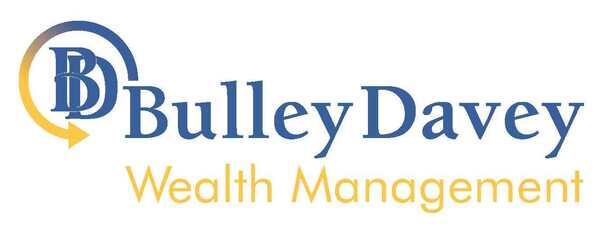Just under five weeks into his role as the Chancellor of the Exchequer, Jermey Hunt delivered his Autumn Statement on 17 November, spelling out several tax hikes and spending cuts.
The main objective of the Statement was to return to the Government’s fiscal rules that say debt must be falling as a percentage of GDP, which created a “black hole” of £55 billion in public finances.
Here are the main impacts the changes will have on individuals and businesses.
Economic outlook
Hunt began the Autumn Statement with an overview of the economy as reported by the Office for Budget Responsibility (OBR).
According to the OBR, the economy will have grown by 4.2% in 2022 but is currently in recession and will be throughout next year. In 2023, the economy will contract by 1.4%.
However, “without the energy price guarantee and other measures, the recession would be 1.1 percentage points deeper”, it added.
GDP will rise by 1.3%, 2.6% and 2.7% in the following years, meaning the economy should finally return to its pre-pandemic level at the end of 2024.
Meanwhile, according to the OBR, inflation has already peaked and will reach below zero by the middle of the decade before returning to the target of 2% in 2027.
However, high inflation will reduce wages and living standards by 7% in the two financial years to 2023/24, wiping out the last eight years of growth.
Personal announcements
On policy changes, Hunt started with a range of announcements on personal taxes.
They included a change to the additional-rate tax threshold. This will be lowered from £150,000 to £125,140 from April 2023, capturing a quarter of a million more taxpayers in the additional rate for income tax. That’s a far cry from the former Chancellor’s wish to abolish the additional tax rate altogether.
Meanwhile, the capital gains tax allowance, also known as the annual exempt allowance, will be cut from £12,300 to £6,000 for the 2023/24 tax year and then halved to £3,000 in 2024/25.
Likewise, the tax-free dividend allowance will be lowered from £2,000 to £1,000 in April, then slashed to just £500 in April 2024.
Then, there will be a number of tax threshold freezes to increase the tax take. These include:
- Income tax. The personal allowance will remain frozen for another two years until 2028 at £12,570, having been frozen until 2026 by Rishi Sunak when he was Chancellor.
- National Insurance. The point at which individuals must pay National Insurance contributions will remain at £12,570 until 2028.
- Inheritance tax. This is also frozen until 2028 and will remain at £325,000.
Hunt also made other personal announcements, including that electric vehicles will no longer be exempt from vehicle excise duty from 2025, as well as a number of payments to support households with their energy bills.
Business announcements
High on the agenda for Hunt was business rates relief after he confirmed that a rate revaluation would take place in April 2023. The reliefs include:
- A freeze on multipliers in 2023/24 so multipliers remain at 49.9p and 51.2p rather than increasing to 52.9p and 54.2p.
- Relief for retail, hospitality and leisure will increase from 50% to 75%, equating to £110,000 per business in 2023/24.
- A transactional relief scheme will place ‘upward caps’ on bill increases caused by changes to rateable values at the 2023 revaluation.
- A new scheme will cap bill increases at £600 per year for certain small businesses.
Meanwhile, major changes were made to R&D tax relief. First, the additional deduction for SME R&D relief will be decreased from 130% to 86%, while the SME credit rate will decrease from 14.5% to 10%.
Second, the R&D expenditure credit will increase from 13% to 30%.
The Treasury justified the policy changes as a “rebalancing” of the two schemes, while Hunt also emphasised that this was a measure to address fraudulent claims in the SME scheme.
Contact us to talk about how the Statement affects your tax planning strategies.
